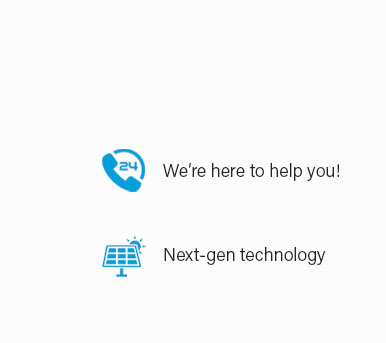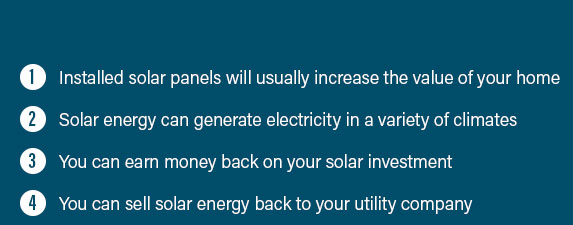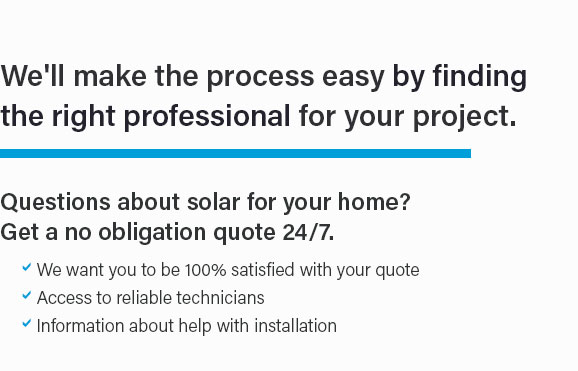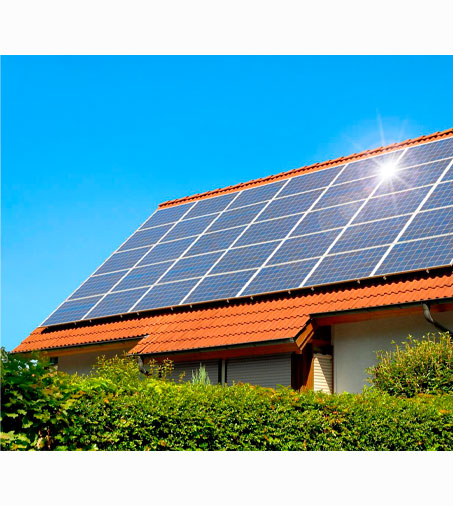 |
 |
 |
 |
 |
 |
 |
 |
 |
 |
 |
 |
 |
 |
|
 |
 |
 |
Best Solar System Installation in Perth: What to ExpectWhen considering solar energy solutions in Perth, it's essential to understand what constitutes the best solar system installation. This guide will walk you through the critical components and expectations for a seamless transition to solar energy. Understanding Solar System ComponentsA comprehensive solar system installation includes several key components:
Choosing the Right InstallerFinding a reliable installer is crucial for ensuring a high-quality solar system. Consider the following factors: Experience and ExpertiseLook for companies with a proven track record and extensive experience in the industry. The quality of installation can significantly impact system efficiency and lifespan. Accreditation and CertificationEnsure the installer is accredited by recognized bodies, such as the Clean Energy Council. This guarantees adherence to industry standards and regulations. Customer Reviews and RecommendationsResearching customer feedback can provide insight into the installer’s reliability and service quality. Recommendations from previous clients can be invaluable. For those exploring options in different regions, you might find it useful to compare services offered by solar companies near me fresno for a broader perspective. Installation Process OverviewUnderstanding the installation process can help manage expectations and ensure preparedness:
Maintenance and MonitoringRegular maintenance is essential for optimal performance. Consider these aspects: Routine InspectionsSchedule periodic inspections to ensure all components function correctly and identify potential issues early. Performance MonitoringUtilize monitoring systems to track energy production and detect anomalies in system performance promptly. For those interested in installation specifics, solar panels installations provide detailed insights into various setups and configurations. FAQWhat is the average cost of solar system installation in Perth?The cost varies based on system size and specifications but typically ranges from $3,000 to $10,000 after government rebates. How long do solar panels last?Solar panels generally have a lifespan of 25 to 30 years, with performance warranties often covering 20 to 25 years. Can solar systems work during cloudy days?Yes, solar panels can still generate electricity on cloudy days, albeit at reduced efficiency compared to sunny conditions. https://www.westernpower.com.au/resources-education/consumer-advice/solar/finding-a-reliable-solar-installer-in-perth/
Anyone who wants to install solar panels needs to submit an application to Western Power to authorise the connection. As the electricity account holder, you can ... https://perthsolarwarehouse.com.au/best-solar-companies-perth-wa/
Triple ISO Certified: Quality, Environment, Safety - 4.9/5 Google: +700 reviews - 4.9/5 SolarQuotes: +600 reviews Legendary-rated - Sunwiz: Best ... https://pswenergy.com.au/top-10-solar-companies-in-perth-wa/?srsltid=AfmBOoomyUNNcZ0w_0a7bZZmuqMOS4Ui9J_3XKwZ2p-D1PlpUDxVRPjH
2. Regen Power ... Regen has been around for a good period, and an early first review date reflects that. Diversity in minor review (low count) ...
|